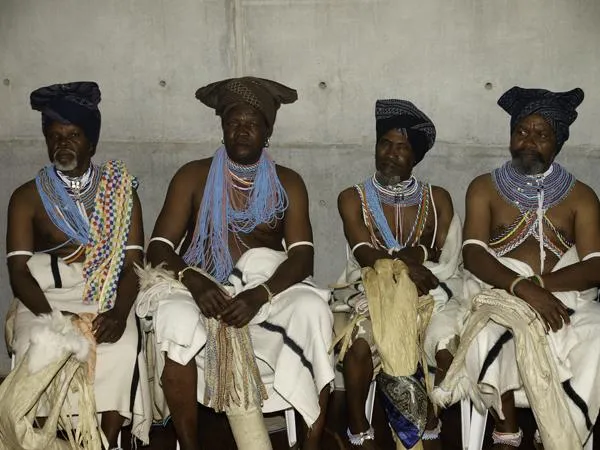Celebrating Xhosa culture: The wisdom in our beliefs

Our beliefs carry generations worth of wisdom.
Image: Supplied
As AmaXhosa, our lives are shaped not only by what we see, but also by what we believe. Our culture is rich with teachings that may seem small at first glance, yet they carry generations of wisdom, guiding us in how we live, love, and connect to one another.
One of the tenderest customs happens when we meet a newborn baby for the first time. You place your hand under your arm or your foot and let the little one smell it. To someone who hasn’t seen it before, it may appear curious, but to us, it is a gentle introduction of your spirit to the child’s spirit. It is a way of saying, “ndingo wakho, wena ungowethu” - I belong to you, and you belong to us. From that very first meeting, the baby is folded into the embrace of family and community.
There are also beliefs that guide how we carry ourselves in everyday life. For example, you do not sweep at night. Elders say that sweeping after dark is like sweeping away blessings, or confusing the ancestors who walk with us. In truth, it is a reminder that some tasks belong to the light of day, when all is clear and nothing sacred can be lost.
Dreams, too, are never taken lightly. They are considered messages from our ancestors. Yet, kuthiwa alibalelwa iphupha ebusuku, a dream must not be told at night. To speak of it while darkness still covers the earth is to risk losing its meaning. Only in the morning, when the sun has risen, can a dream be shared and its message safely understood.
Marriage, in our culture, is not just about two individuals; it is about families, ancestors, and continuity. This is why a woman often receives a new name when she marries. Her renaming marks her rebirth into a new family, with new responsibilities and blessings. It is a powerful reminder that through marriage, identity itself is reshaped.
And then, there are the playful yet profound sayings that live in our homes. When milk is spilled, elders sometimes say it is a sign of pregnancy. Milk, after all, represents life, fertility, and nurture. What seems like an accident becomes a whisper of new beginnings, a gentle reminder that the ancestors speak even through the smallest of happenings.
These beliefs are more than customs; they are threads that weave us to our ancestors, to one another, and to the unseen world that guides us. They remind us that nothing in life is without meaning, and that in every act, from greeting a newborn to the spilling of milk, there is wisdom waiting to be remembered.
Get your news on the go. Download the latest IOL App for Android and IOS now
Related Topics: